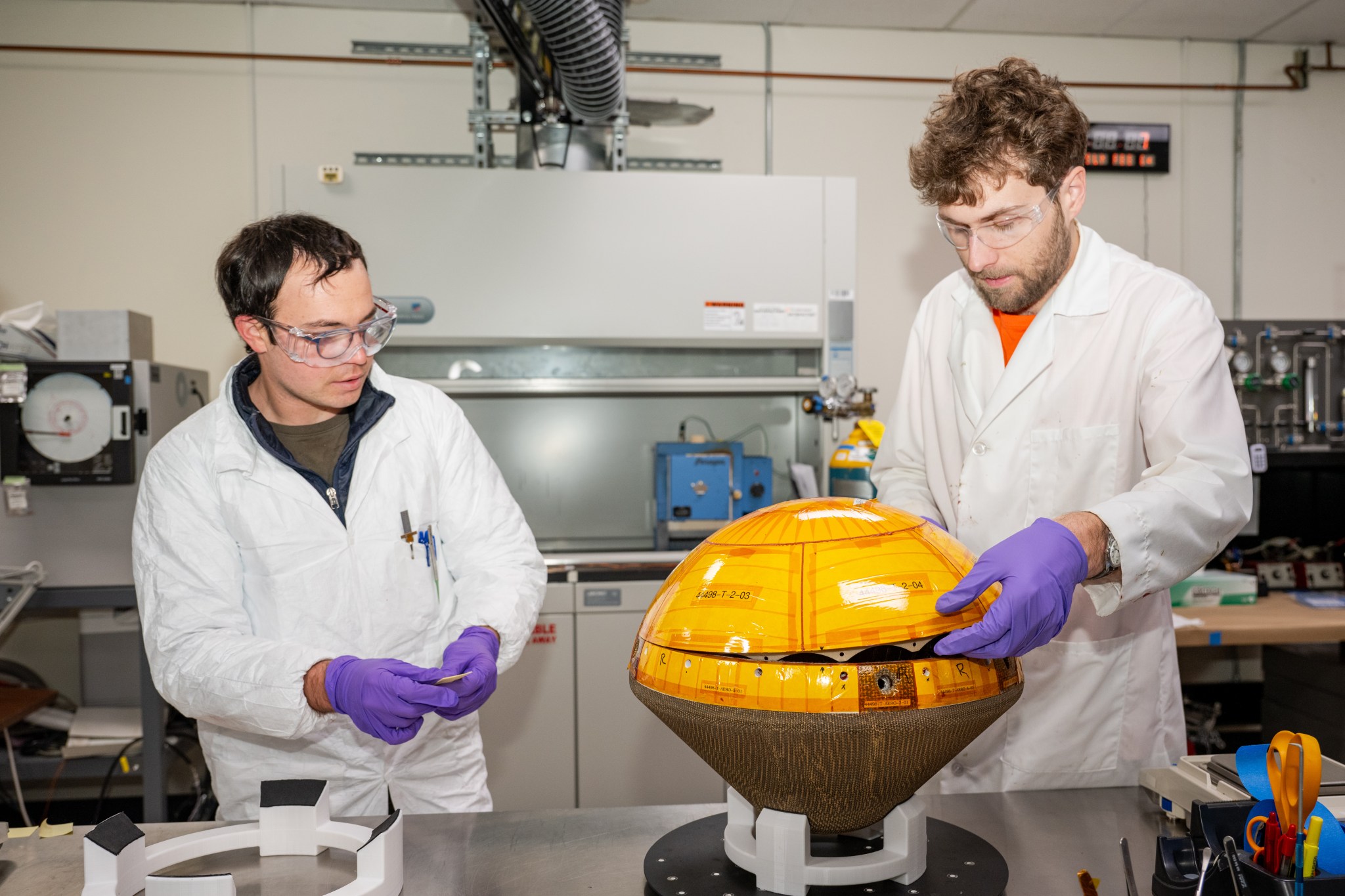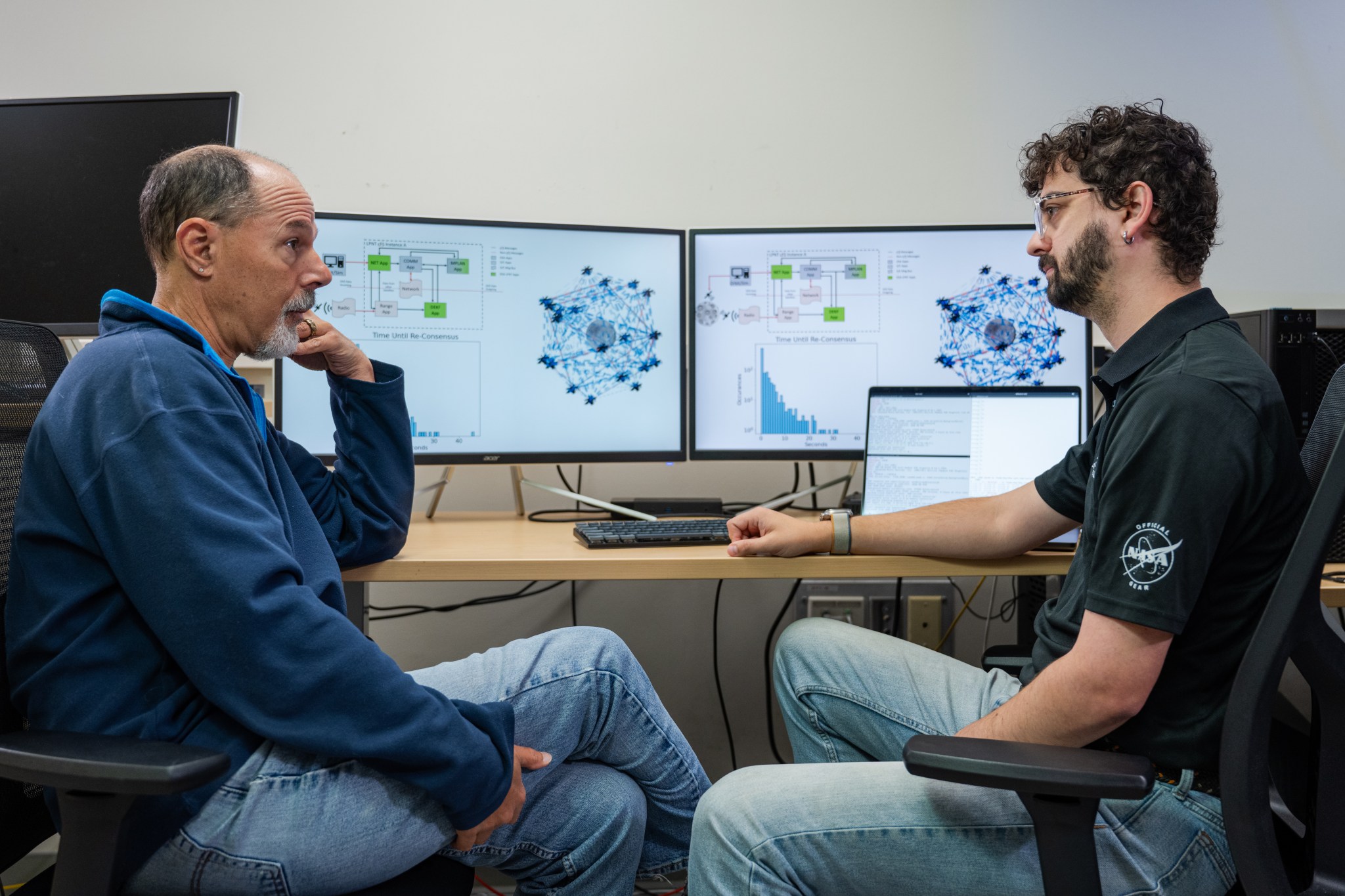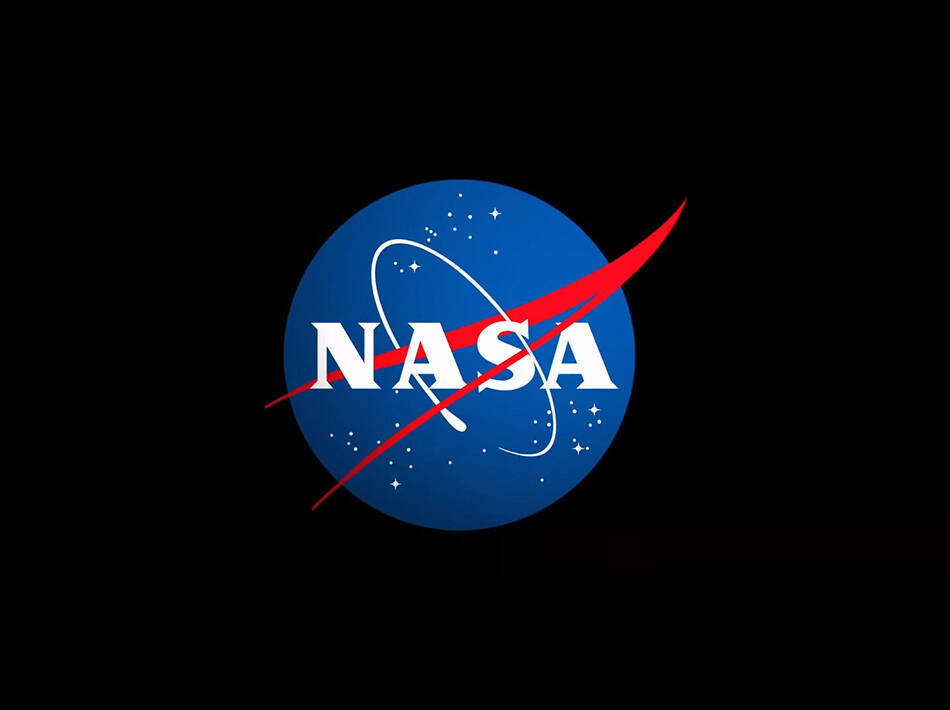NASA/Brandon Torres Navarrete Engineers at NASA’s Ames Research Center in California’s Silicon Valley, Bohdan Wesely, right, and Eli Hiss, left, complete a fit check of the two halves of a space capsule that will study the clouds of Venus for signs of life. Led by Rocket Lab of Long Beach, California, and their partners at the Massachusetts Institute of Technology in Cambridge, Rocket Lab’s Venus mission will be the first private mission to the planet. NASA’s role is to help the commercial space endeavor succeed by providing expertise in thermal protection…
Read MoreTag: Small Spacecraft Technology Program
NASA Invites Media to Learn about Spacecraft Autonomous Tech Firsts
NASA’s Ames Research Center in Silicon Valley invites media to learn more about Distributed Spacecraft Autonomy (DSA), a technology that allows individual spacecraft to make independent decisions while collaborating with each other to achieve common goals – without human input. The DSA team achieved multiple firsts during tests of such swarm technology as part of the agency’s project. DSA develops software tools critical for future autonomous, distributed, and intelligent spacecraft that will need to interact with each other to achieve complex mission objectives. Testing onboard the agency’s Starling mission resulted…
Read MoreNASA Demonstrates Software ‘Brains’ Shared Across Satellite Swarms
5 min read Preparations for Next Moonwalk Simulations Underway (and Underwater) Jeremy Frank, left, and Caleb Adams, right, discuss software developed by NASA’s Distributed Spacecraft Autonomy project. The software runs on spacecraft computers, currently housed on a test rack at NASA’s Ames Research Center in California’s Silicon Valley, and depicts a spacecraft swarm virtually flying in lunar orbit to provide autonomous position navigation and timing services at the Moon. NASA/Brandon Torres Navarrete Talk amongst yourselves, get on the same page, and work together to get the job done! This “pep…
Read MoreSail Along with NASA’s Solar Sail Tech Demo in Real-Time Simulation
Unable to render the provided source NASA invites the public to virtually sail along with the Advanced Composite Solar Sail System‘s space journey using NASA’s “Eyes on the Solar System” visualization tool, a digital model of the solar system. This simulation shows the real-time positions of the planets, moons, and spacecraft – including NASA’s Advanced Composite Solar Sail System. Solar sails use the pressure of sunlight for propulsion, angling toward or away from the Sun so that photons bounce off the reflective sail to push a spacecraft. This eliminates the need for heavy…
Read MoreNASA Awards Contracts for Flight, Payload Integration Services
NASA has selected 15 companies to provide flight and payload integration services to advance technologies and procedures for operating in space, including testing in high-altitude, reduced gravity, or other relevant environments. Examples of payloads include NASA science instruments or technology demonstrations. The indefinite-delivery/indefinite-quantity base contract awards are firm-fixed-price with a total combined value of $45 million and a performance period of five years. The flights and other services covered by these contracts are for use by NASA and other government agencies. The types of platforms that will be used for…
Read More

